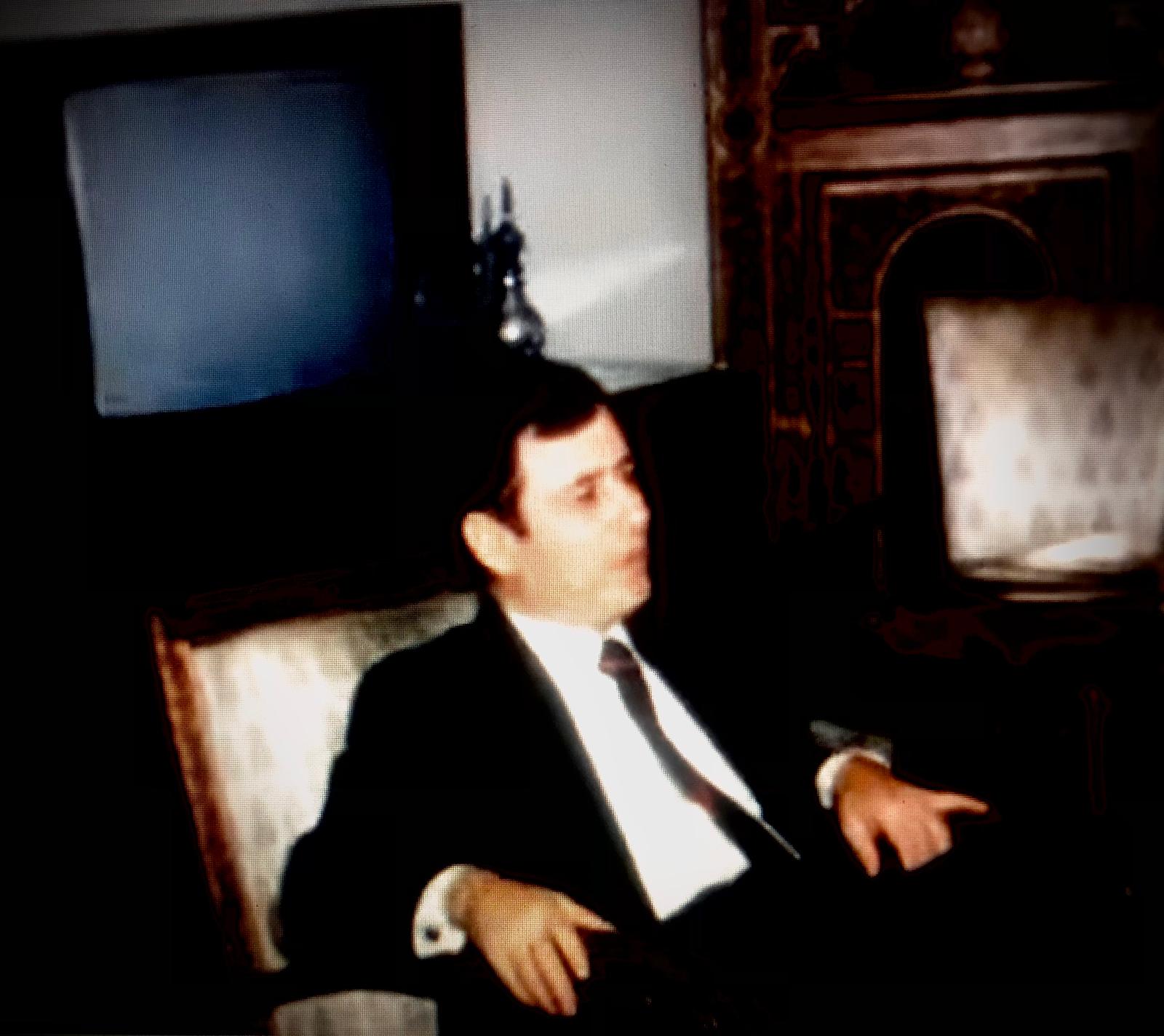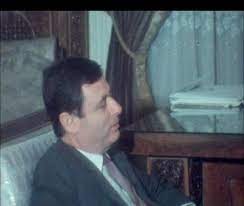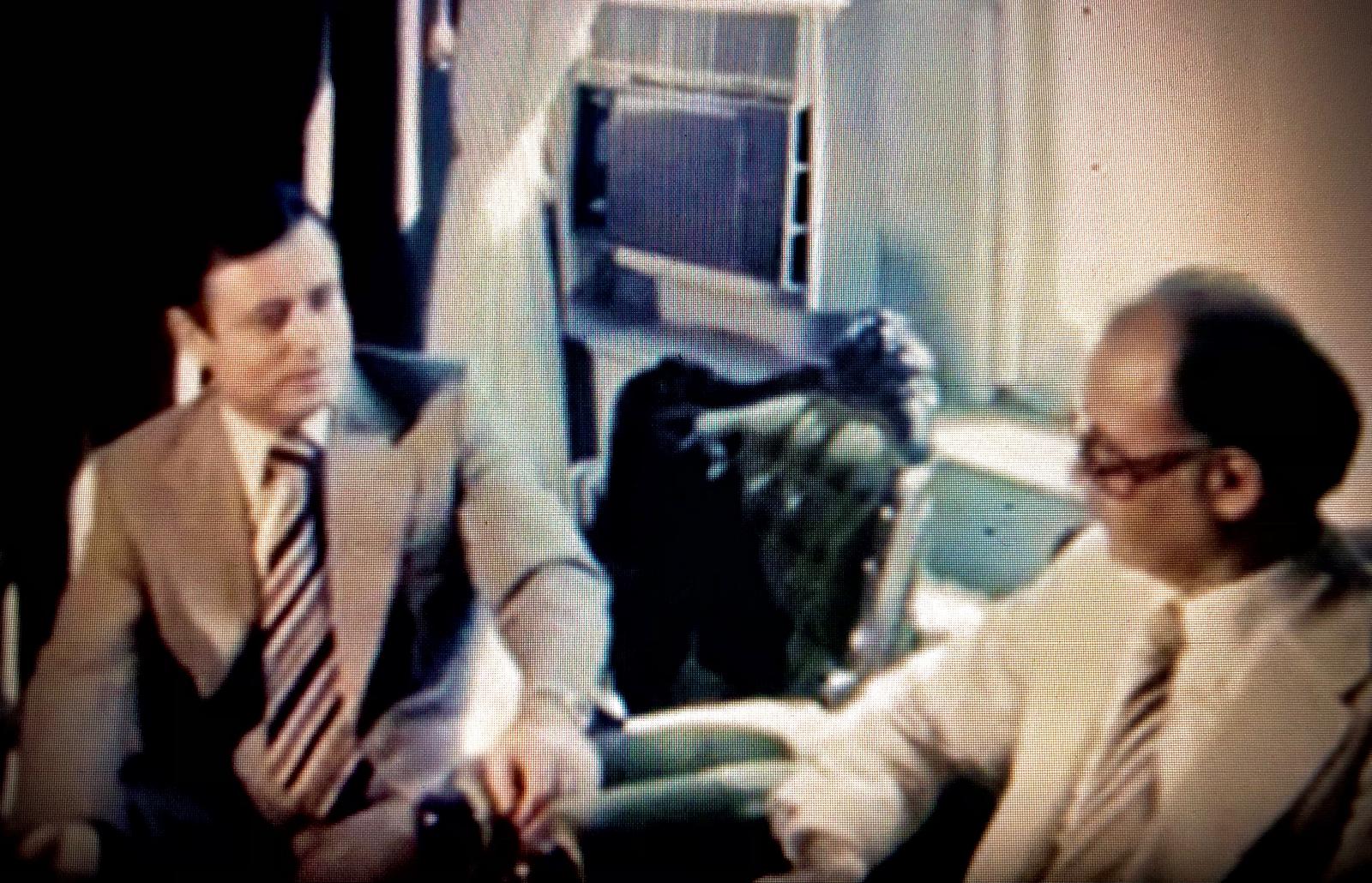Schulz visited Damascus and had a meeting with President Assad, focusing their discussion on two points: the international conference and reconciliation in Lebanon. Regarding the international conference, the Syrian position was communicated through the media, outlining four conditions for attending the conference. In Lebanon, Schultz mentioned the issue in a general manner, leaving the details to Khaddam and Murphy. President Assad emphasized that Lebanon is a strategic matter for Syria, not merely a tactical one related to personal disputes with President Gemayel. President Assad viewed the matter beyond personal interactions, encompassing the need for a new system that ensures justice and rights for all communities and groups. When Schultz inquired about the appropriate system for achieving reconciliation in Lebanon, President Assad provided a broad outline, entrusting the details to his deputy, Abdel Halim Khaddam. Schultz agreed to this arrangement and assigned Murphy to coordinate with Khaddam to discuss the specifics. The discussion between Assad and Schultz on Lebanon concluded within fifteen minutes.
Khaddam, Murphy, and Glaspie held multiple meetings, including one in Baabda between Al-Hakam and Glaspie. During one of the sessions between Khaddam and Murphy, the Syrian Vice President expressed his perspective, stating that all solutions in Lebanon have been externally imposed throughout history, from the days of the Ottomans and the French mandate to 1958. Khaddam proposed a direct agreement with the Americans, with the Syrians ensuring its implementation among their opponents in areas where the Syrian army is present, while the Americans would guarantee its implementation among the Christian side. Murphy then instructed his assistant, Glaspie, to convey this information to Baabda Palace. Glaspie traveled to Beirut and met with President Gemayel, who agreed to explore the Syrians’ true point of view on the condition that the Americans were not bound by any final agreement.
Following this, Khaddam and Murphy had a significant meeting that lasted seven hours, seemingly reaching an agreement on participation and sectarian abolition. News began circulating about a final Syrian-American agreement on the reform paper. After the visit to Damascus, Schultz, Murphy, and Glaspie would return to Washington without passing through Beirut and without informing the mediator about the agreement’s content.
The Syrian perspective on the agreement is as follows:
Firstly, the status of the Supreme Commander of the Army should be abolished from the President of the Republic, and the army should be considered an executive administration under the authority of the Council of Ministers.
Secondly, the Council of Ministers should be an independent institution led by executive and administrative authorities. The President of the Republic attends Cabinet sessions without the right to vote on decisions. Cabinet decisions are made by majority vote, not by consensus or unanimity. The Prime Minister is appointed through “mandatory consultations” conducted by the President of the Republic in the presence of the Speaker of Parliament.
Thirdly, sectarianism should be abolished, with the following measures:
- Immediate abolition of sectarianism in job appointments.
- Equality between sects in the House of Representatives.
- Balanced representation of Maronites, Sunnis, and Shiites in the Council of Ministers.
- A timetable should be set for the cancellation of political sectarianism.
The current government adopts this agreement or these ideas and presents them to the House of Representatives for approval. They will be included in the government’s ministerial statement, which will be formed immediately after the agreement is approved, followed by presidential elections. The newly elected president will implement what has been agreed upon.
Meanwhile, consultations between Damascus and its allies in the Lebanese arena continue to assess the current phase, especially considering the recent positions of the government and the announcement made by Dr. Samir Geagea, the commander of the “Lebanese Forces.”
According to a correspondent from Al-Diyar in the Syrian capital, a delegation from the “National Parties” arrived in Damascus yesterday afternoon, consisting of Asim Kansuh, George Hawi, Mustafa Saad, Marwan Faris, Enam Raad, and Suheil Hamadeh. The delegation will hold talks with Syrian officials and provide them with an update on the discussions with Mrs. Glaspie in Damascus.
Political sources informed Al-Diyar that the talks between Syrian Vice President Abdel Halim Khaddam and Mrs. Glaspie “have not made any progress.”
The party delegation is scheduled to travel to Tripoli in the West today, following an invitation from Colonel Muammar Gaddafi. Minister Walid Jumblatt, who is currently in Amman, will join them next Monday. Khaddam met with a Vatican delegate last Tuesday. The current situation in the Lebanese arena was also presented during these discussions.



